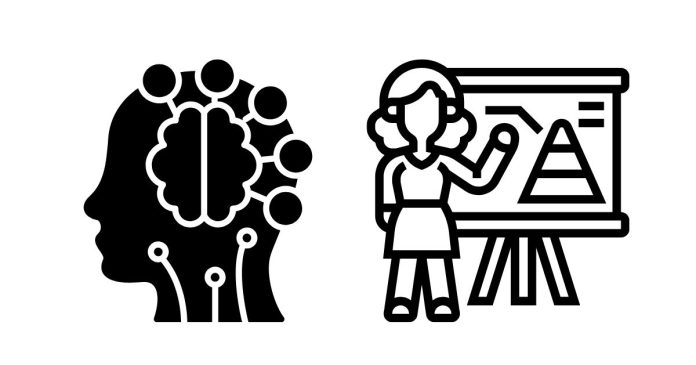Inductive Reasoning in Unit 2: Logic and Proof
Inductive reasoning is a fundamental concept in logic and proof, and it’s the focus of Unit 2 in many mathematics and critical thinking courses. This powerful approach to reasoning allows us to draw general conclusions from specific examples or patterns, making it an essential skill for problem-solving and analytical thinking.
What is Inductive Reasoning?
Inductive reasoning involves observing patterns, trends, or specific instances and using them to make broader generalizations. Unlike deductive reasoning, which guarantees a conclusion based on premises, inductive reasoning provides a probable conclusion that may require further verification.
For example, consider the sequence of odd numbers:
- 1 = 121^2
- 1 + 3 = 222^2
- 1 + 3 + 5 = 323^2
From these observations, you might hypothesize that the sum of the first nn odd numbers equals n2n^2. This conclusion, derived from specific cases, illustrates the process of inductive reasoning.
Why is Inductive Reasoning Important in Logic and Proof?
Inductive reasoning is invaluable for forming hypotheses and identifying patterns, both of which are critical in mathematics and science. In proofs, inductive reasoning often lays the groundwork for a formal deductive argument or mathematical induction, where a hypothesis is rigorously tested for all cases.
Applications of Inductive Reasoning
- Mathematics: Discovering formulas or patterns in sequences.
- Science: Developing theories from experimental data.
- Everyday Life: Making predictions based on past experiences, such as assuming it will rain if the sky is cloudy and dark.
Strengths and Limitations
While inductive reasoning is a practical tool for exploration and discovery, it does have its limitations. Conclusions drawn through induction are not always guaranteed to be true in every case. That’s why it’s important to validate these conclusions through further analysis or deductive reasoning.
Final Thoughts
Inductive reasoning is a cornerstone of logical thinking and proof development. By mastering this skill, students and professionals alike can enhance their ability to observe, hypothesize, and solve problems effectively. In Unit 2 of Logic and Proof, diving into inductive reasoning equips learners with the tools to explore patterns and build a deeper understanding of logical processes.


